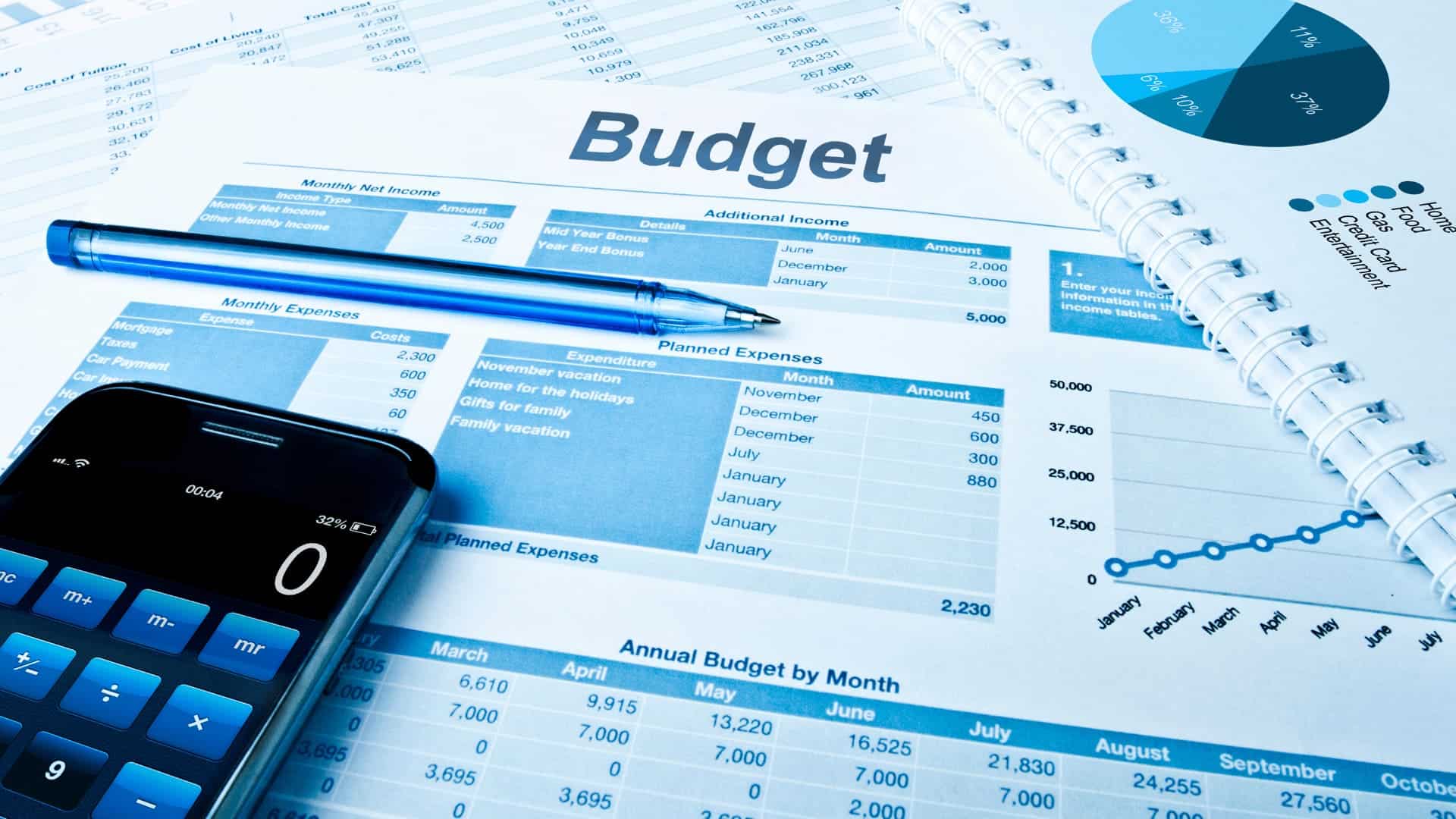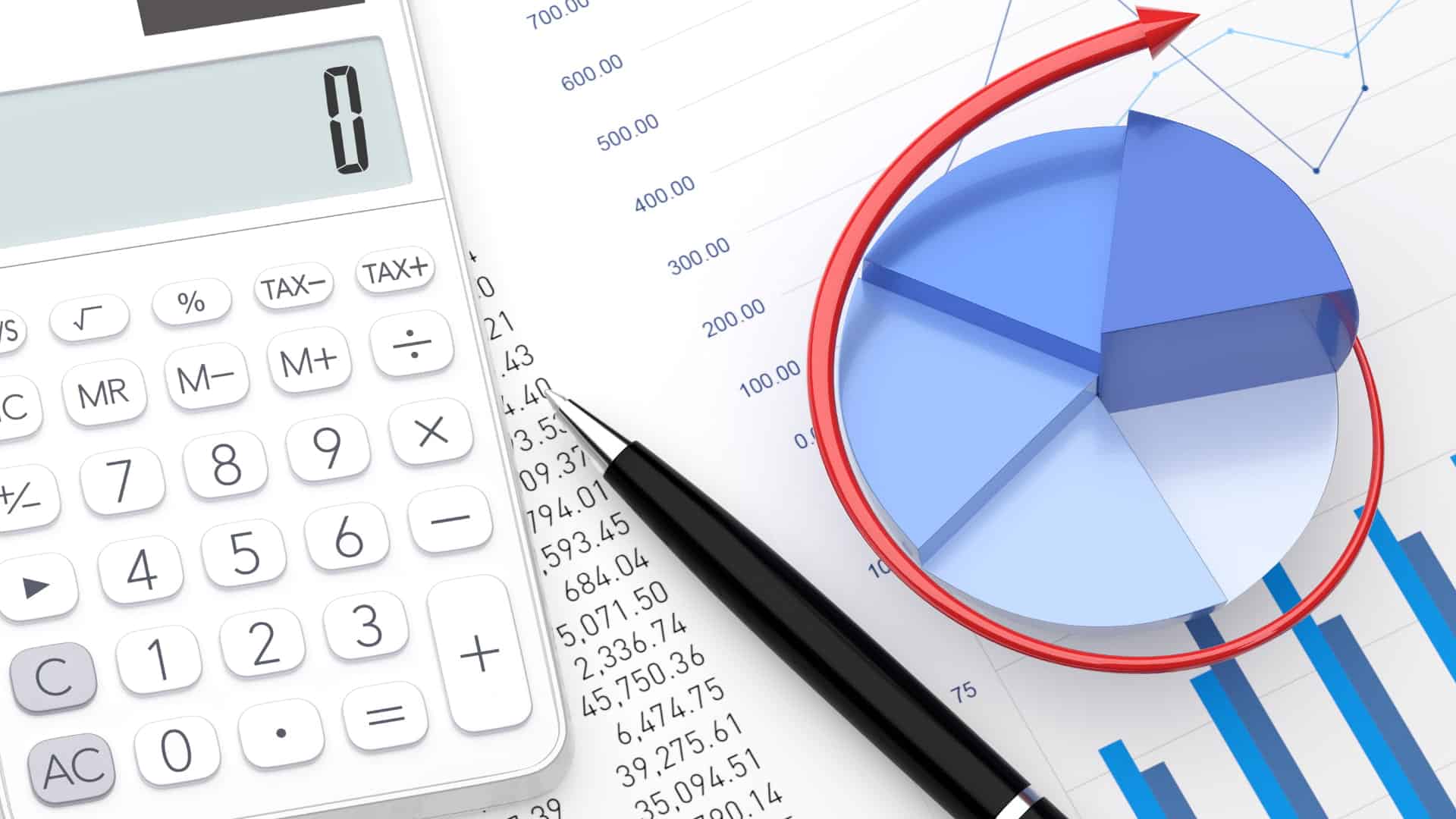Financial forecasting can be a powerful tool for businesses of all sizes, allowing owners and managers to plan ahead, make informed decisions, and navigate economic uncertainties.
Whether you’re just starting out or looking to take your business to the next level, understanding the fundamentals of financial forecasting can give you a competitive edge in today’s fast-paced and ever-changing market.
Table of Content:
Table of Content

What is Financial Forecasting?
Financial forecasting is the process of estimating future financial outcomes for a business based on historical data, market trends, and other relevant factors. It involves predicting revenues, expenses, cash flows, and other financial metrics over a specified period, typically ranging from a few months to several years.
Financial forecasting helps businesses plan and make informed decisions by providing insights into potential financial performance and identifying areas for improvement or risk mitigation. Common methods used in financial forecasting include trend analysis, regression analysis, and scenario analysis.
The Importance of Financial Forecasting
Financial forecasting is a vital aspect of any successful business strategy. Therefore, by projecting future financial performance based on historical data, market trends, and other key indicators, businesses can make informed decisions about everything from hiring and expansion to pricing and investment.
Whether it’s financial forecasting for startups or an existing company, it remains the most essential strategy element. Here are some of the key reasons why it is important:
Plan the budget on a yearly basis
Financial forecast is essential for making a yearly budget plan, because it provides the information necessary to make informed decisions. Moreover, by analyzing historical data and market trends, businesses can project future revenue and expenses with greater accuracy. This enables them to set realistic budget goals and allocate resources accordingly.
Set achievable business objectives
Setting achievable business objectives is essential for long-term success. By having a clear understanding of what they want to achieve, businesses can focus their efforts and resources on the most important areas. However, setting objectives that are too ambitious or unrealistic can lead to frustration and disappointment.
Recognize areas of concern that require attention
Financial forecasting is a crucial process that enables businesses to make informed decisions by analyzing their past performance and predicting future outcomes. In addition, by examining historical financial data, businesses can identify ongoing problems and make necessary adjustments to improve their performance.
Decrease financial risks to the company
By incorporating financial forecasting into your budgeting process, you can make informed decisions about how to allocate your resources and plan for potential challenges. This can help you avoid overspending and ensure that you have enough resources to cover your expenses and achieve your financial goals.
Increase the company’s attractiveness to potential investors
A company’s financial forecast is a vital tool for investors as it helps them assess the potential return on investment (ROI) and predict the future performance of the business. Financial forecasting involves analyzing past financial data and making projections about future outcomes based on market trends, economic indicators, and other relevant factors. All those factors are essential to determine whether an investors are willing to invest or not.
The Types of Financial Forecasting
Financial forecasting is a critical process that enables businesses to plan for the future and make informed decisions. There are several types of financial forecasting that businesses can use to analyze past performance and predict future outcomes. For example, here are some of them:
Sales forecasting
Sales forecasting is a type of financial forecasting that involves predicting future sales revenue for a business. Therefore, it is a critical component of business planning and is used to make informed decisions about resource allocation, production levels, and pricing strategies.
Sales forecasting typically involves analyzing past sales data and identifying trends and patterns to predict future sales performance. This may also involve examining historical sales data by product, region, or customer segment to identify changes in demand or buying patterns.
Cash flow forecasting
Cash flow forecasting involves predicting the inflow and outflow of cash for a specific period based on factors such as income and expenses. It has numerous benefits, such as identifying immediate funding requirements and budgeting. However, it is essential to note that cash flow forecasting accuracy diminishes over a more extended period, and it is more reliable in the short term.
Budget forecasting
Budget forecasting involves analyzing historical financial data, current financial conditions, and market trends to predict future financial outcomes. It enables businesses to estimate the resources needed to achieve their goals, plan for future expenses, and allocate funds accordingly.
Income forecasting
Income forecasting involves predicting the expected revenue or income that a business will generate over a specific period. Additionally, it is a crucial tool for planning and managing a business’s financial resources and achieving its financial goals. Furthermore, income forecasting can be used for short-term or long-term planning. Short-term income forecasting may focus on the next quarter or year, while long-term forecasting may cover multiple years or even a decade.
Also Read: Reasons to Use Cloud Accounting for Your Software
The Steps of Financial Forecasting
There are several steps involved in the financial forecasting process, each of which is crucial for accurately predicting financial outcomes and achieving business goals. The followings are the steps of financial forecasting and their importance in the financial planning process.
Clarify why you need to create financial forecasting
The first step in the financial forecasting process is to clarify why you need to create a financial forecast. Thus, it is essential to have a clear understanding of your objectives and the specific financial information you require to achieve them. This step can involve asking questions such as. What are my business goals, and how will a financial forecast help me achieve them?
Collect previous financial statements and relevant historical data
Financial statements such as income statements, balance sheets, and cash flow statements provide essential information about your business’s financial performance over a specific period. They can help you identify trends, patterns, and anomalies in your financial data, which can inform your financial forecast.
Determine the duration of your financial forecasting
The duration of your forecast will depend on your business goals, the nature of your industry, and the level of uncertainty in your financial environment. In general, financial forecasts can range from short-term forecasts covering the next month or quarter to long-term forecasts covering several years or even decades.
Select an appropriate financial forecasting technique
The next step is to select an appropriate financial forecasting technique. There are several techniques you can use to create a financial forecast. The choice of technique will depend on several factors, such as the nature of your business, the available data, and the duration of the forecast.
When selecting an appropriate financial forecasting technique, consider the level of accuracy required, the amount and quality of data available, and the nature of your business operations. It’s also important to use multiple techniques and compare the results to ensure the most accurate financial forecast.
Record and track the results of the forecast
One way to track the results of the forecast is to create a financial dashboard that displays key financial metrics. Such as revenue, expenses, and also cash flow. This dashboard can be obtained by using accounting software. In addition, accounting software can be used to compare your actual financial performance against the forecast and identify any discrepancies.
Evaluate and interpret the financial information
To evaluate and interpret the financial information, you can use financial ratios, such as the debt-to-equity ratio, current ratio, and return on investment, to assess the business’s financial health and performance. You can also use financial models to project the potential impact of different scenarios on the business’s financial performance.
Reiterate the process based on the predetermined time frame
Reiterating the process involves going back to the beginning of the financial forecasting process and reviewing the steps you have taken so far. You should evaluate the accuracy of the previous forecast and adjust your financial plan accordingly based on changes in the business environment, performance, and goals.
Also Read: Top 5 Financial Budget Template to Streamline Your Spending
Conclusion
In conclusion, financial forecasting is an essential component of financial management for any business. It involves estimating future financial performance based on past performance, market trends, and other relevant data. In addition, Financial forecasting helps businesses to plan for the future, make informed decisions, and stay ahead of potential challenges and opportunities. However, it can be made easy with an assist from the best accounting software.
Accounting software plays a crucial role in financial forecasting by providing accurate and up-to-date financial data that can be used to make informed decisions. Therefore, with the help of accounting software, businesses can automate financial forecasting. While also streamlining financial reporting, and quickly identifying potential financial issues. Try a Free demo today and see how easily you can determine your financial forecasting with HashMicro Solution.




























































